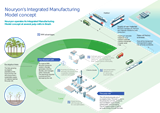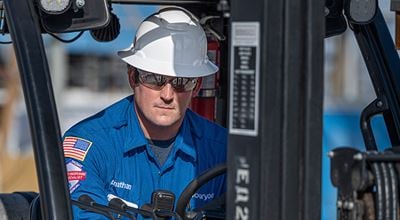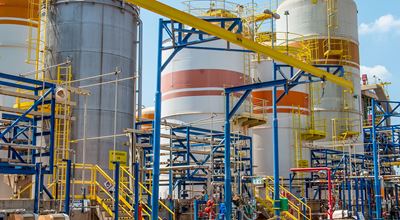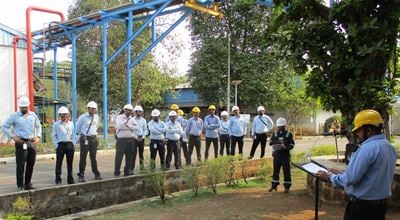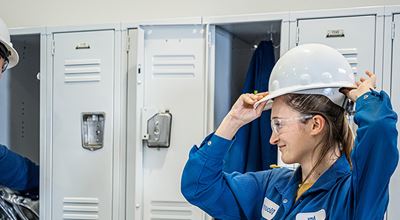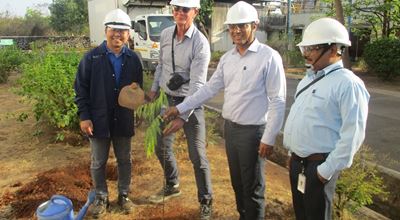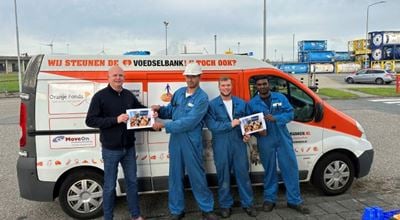In Brazil, our innovative Integrated Manufacturing model (also known as Chemical Islands) contributes to a lower carbon and manufacturing footprint for some of the world’s most essential paper products which include packaging, tissue, diapers, kitchen towel, and printing and writing paper.
State-of-the-art facilities
Nouryon’s state-of-the art Integrated Manufacturing Models (IMMs) in Brazil are adjacent to customer pulp mills, often even on the premises. Typically, we manufacture sodium chlorate and generate chlorine dioxide that is then pumped directly to a pulp mill which produces tissue products. Depending on individual customer needs, we can also manage all the logistics for the other chemicals their operations require.
Efficient chemical production and logistics
Our model contributes to the circular economy within each partner’s value chain. Modern pulp mills normally generate excess energy (e.g., electricity and steam from the pulping process) that can be used in other manufacturing processes. Powered by renewable biomass (such as eucalyptus) generated by our pulp partners, Nouryon’s IMMs effectively reduce the carbon footprint for operations while simultaneously producing chemicals more efficiently. Onsite sodium chlorate production also reduces transportation requirements. The combined result is efficient, safe, and sustainable production and delivery of bleaching chemicals, while reducing environmental impact and providing job opportunities.
